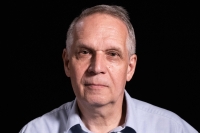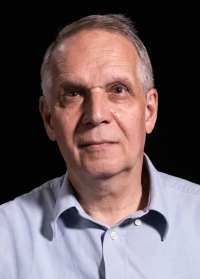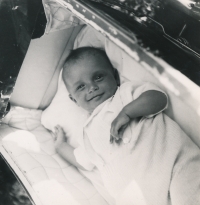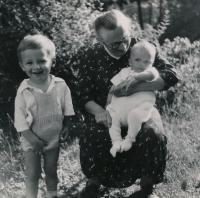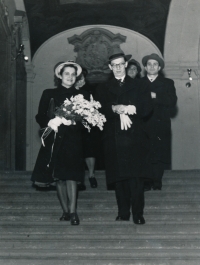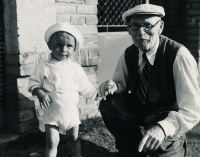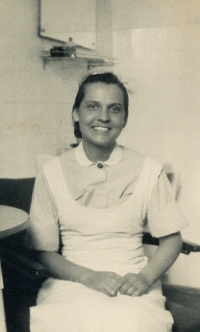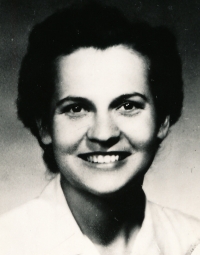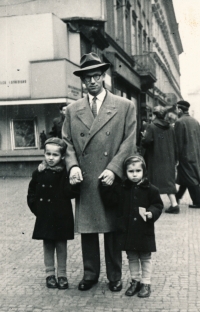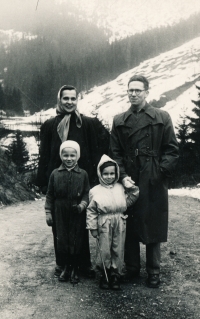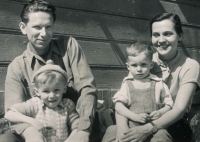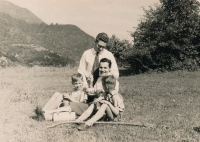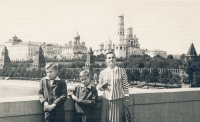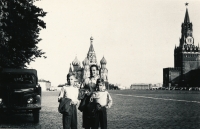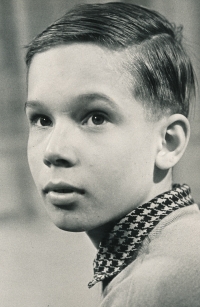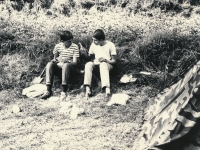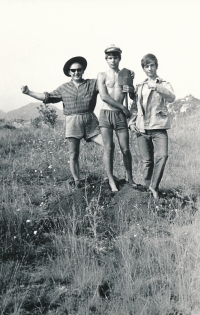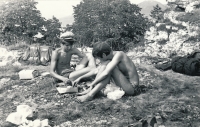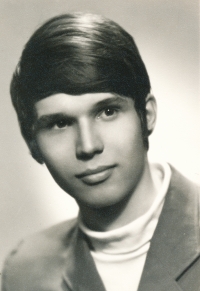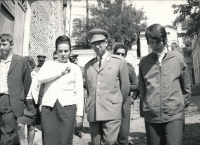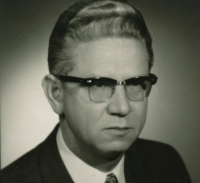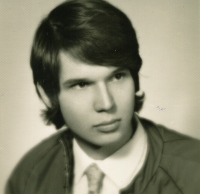I didn‘t meet Gestapo, but our Public Security was enough for me

Stáhnout obrázek
Michal Dvořák was born on February 9th, 1950 in Prague to the family of a Czechoslovak People‘s Army officer and a nurse. He spent his childhood in Prague‘s district of Vinohrady, graduating from the Na Ptažačce grammar school. During the protests on the first anniversary of the Soviet invasion of Czechoslovakia in August 1969, he was arrested and spent two weeks in the Pankrác prison. For a short period of time, he had been attending Czech Technical University in Prague, he graduated from a secondary school of graphic arts and had been working at Repro – the Czech Press Agency‘s printing house. Under the influence of his wife, he converted to Catholicism in the 1970´s. After 1989, he took interest in trans-personal psychology and was working at the Gemma publishing house. He has five children.
